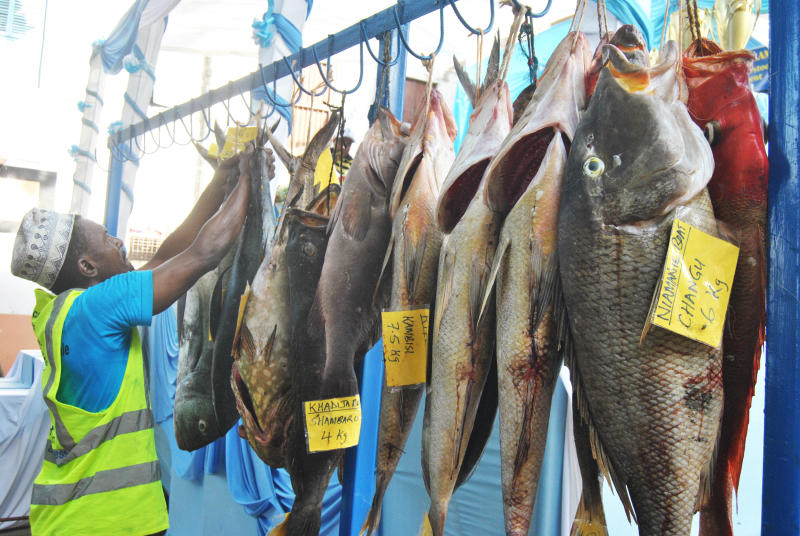×
The Standard e-Paper
Smart Minds Choose Us

Fishermen on Kenya’s north coast will be issued with smart cards in a bid to get rid of loggers targeting mangrove forests on the ocean line.
Dubbed ‘Mvuvi’ or “fisher” English, the card carries a photo and fingerprint of its owner.